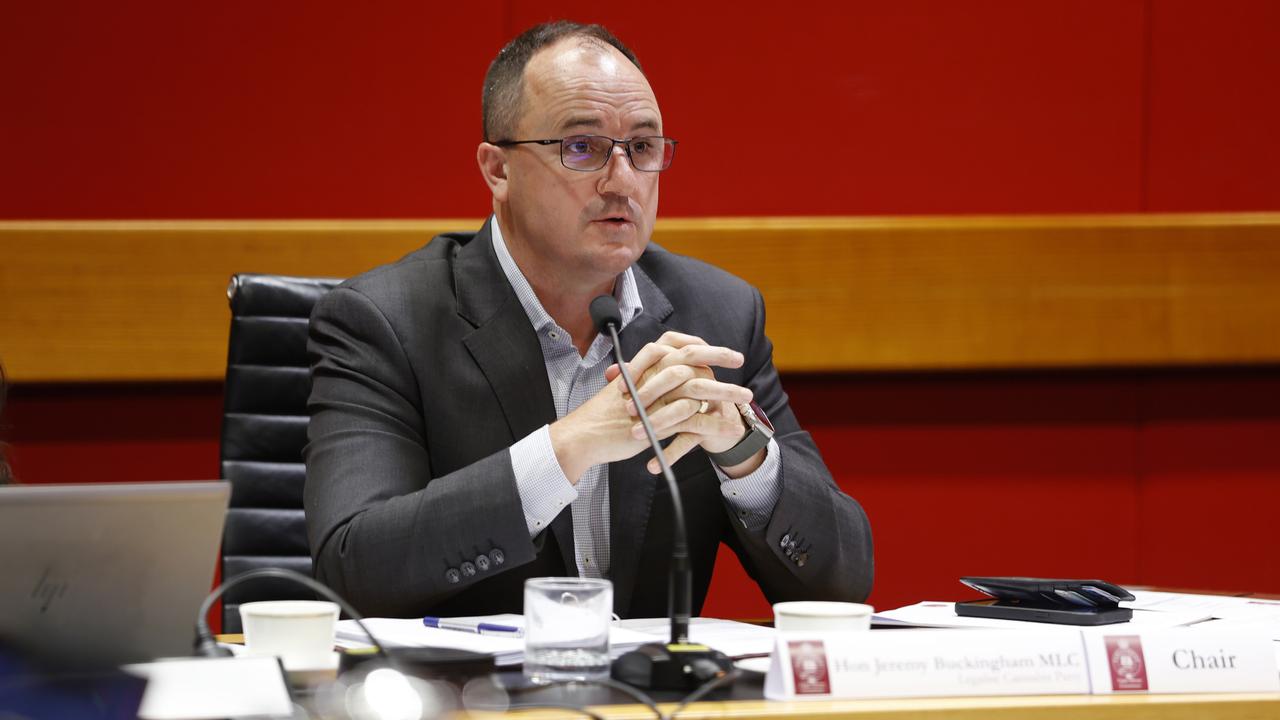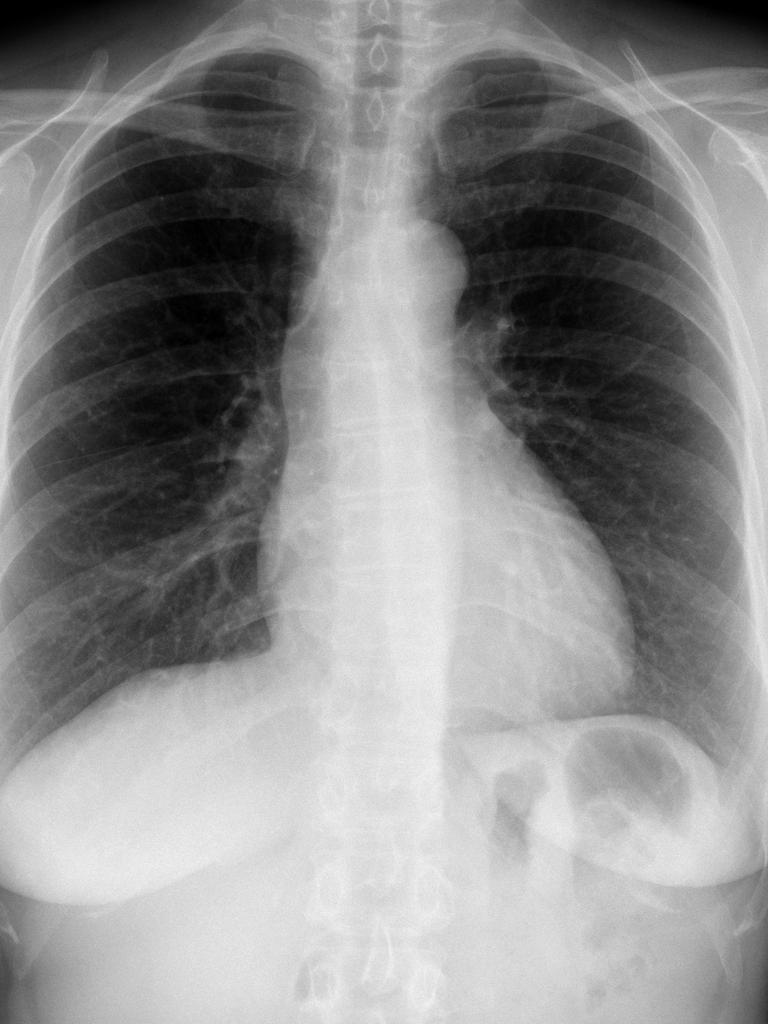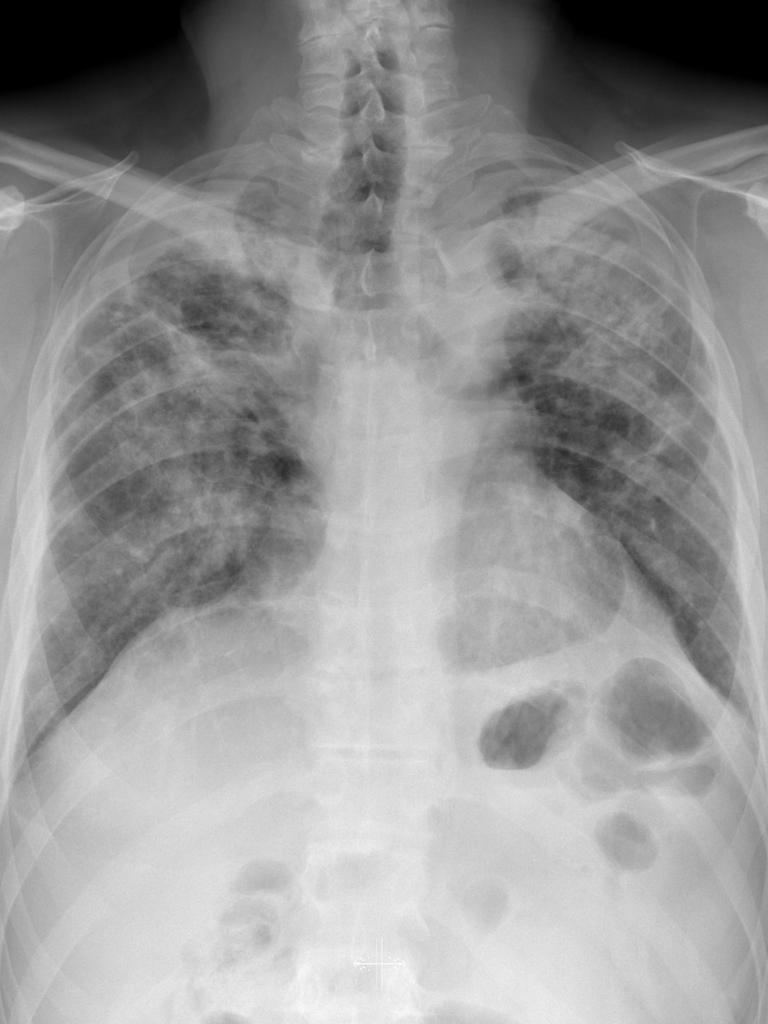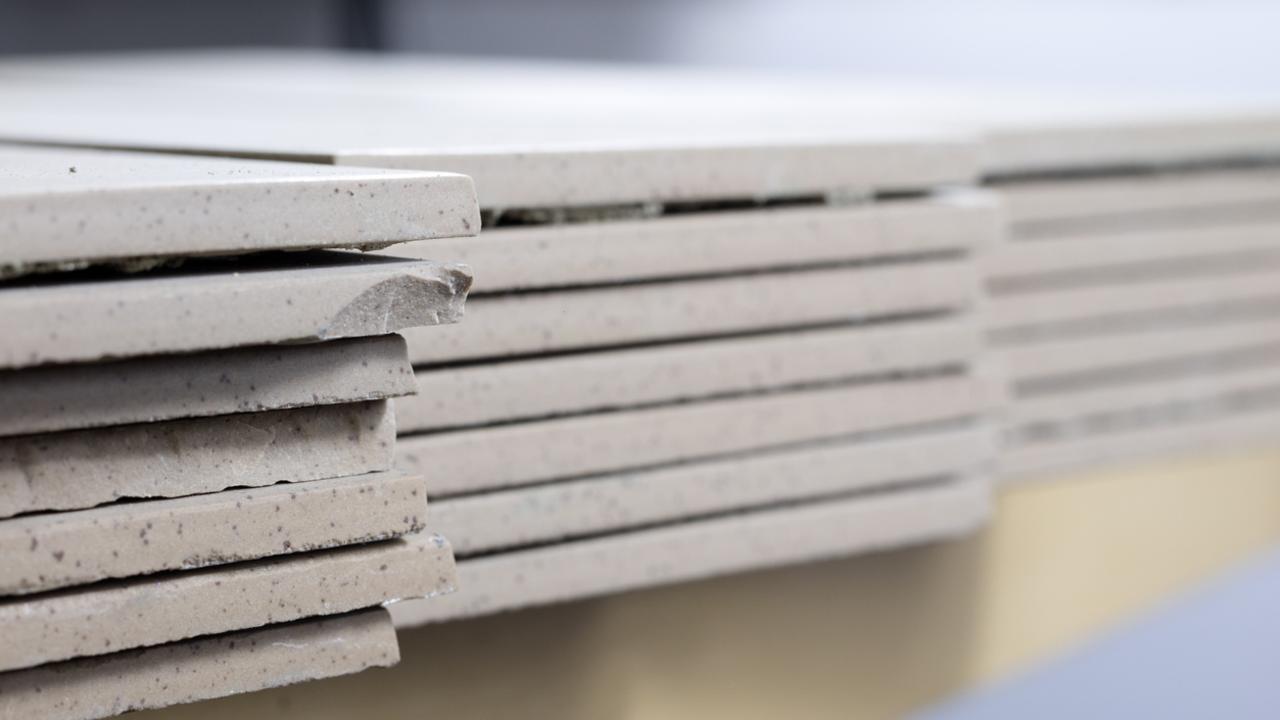NSW MP Jeremy Buckingham spent five years in fear he could have developed silicosis
An ex-stone mason turned MP has revealed the tragic reason he and many of his former colleagues have waited years to be tested for a killer disease.

Shortly before 3.59pm on Wednesday, NSW MP Jeremy Buckingham received an answer to the question that’s terrorised him for the past five years.
For 14 years up until 2011, the Legalise Cannabis MP worked as a stone mason, where he was regularly around the “thick vapour” of crystalline silica dust.
The toxic compound is released during the crushing, cutting, and installation of engineered stone – a common material used in kitchen and bathroom bench tops.
If inhaled, the substance can cause irreversible lung damage, including lung cancer and silicosis – the incurable and deadly disease which has led calls for a national ban on the engineered stone.
“It wasn’t like a heavy granular dust, and it smelt a bit toxic, so that was alarming for us a well,” Mr Buckingham said.
“We all noted it, and that’s when we first started to wonder how safe it was to be using this material.”

In 2015, the first diagnosis of silicosis linked to engineered stone was reported, with numbers substantially rising in the years since.
The news was distressing but for Mr Buckingham and many of his former colleagues, denial was their chosen coping mechanism.
“Everyone had the same attitude: There’s nothing you can do anyway, it’s a death sentence,” he said.
“It’s sort of easier to live in denial. It took me five years to go and get tested because I just didn’t want to face up to the reality that I could be suffering from some hideous disease.”
Even then, the anxiety would inevitably creep in.
“You forget about it and then in the middle of the night you wake up worrying and try to remember how many times you cut the stone, or all the times your mask slipped off,” he said.
In the end it was his wife who propelled him to get the test.


After a “terrifying” two weeks, Mr Buckingham’s X-ray, respiratory examination and lung function test revealed he had no signs of silicosis. At least, for now.
Symptoms of acute silicosis can develop in as little as a few weeks for heavy exposure, whereas chronic silicosis typically develops 10 to 30 years after lower but persistent levels of exposure.
On Wednesday, he celebrated with a “low-key night” filled with a “couple of pints” and a “massive chicken kebab,” but he acknowledges countless others will not be so lucky.
“I got a good result but the issue for me is that so many men and women won’t, and who knows what will happen in the future for me,” said Mr Buckingham, who has been calling for a total ban on engineered stone since 2018.
“So it’s the duty of care for the government to ban this utterly unnecessary product for the welfare of workers first and make sure the issue is properly managed into the future.”
Lung Foundation Australia estimates about 600,000 Australian workers are currently exposed to silica dust, with at least 579 silicosis cases in Australia’s engineered stone industry as of May 2022.
Sobering figures from Curtin University suggest between 83,000 to 103,000 cases of silicosis could develop based on exposures in 2016 alone, in addition to 10,300 cases of lung cancer.

A damning SafeWork Australia report released in August this year also recommended prohibiting engineered stone, regardless of its silica content. While some jurisdictions have workplace safety laws, like banning dry-cutting, to reduce the likelihood of inhalation, the report found noncompliance was an issue.
“The cost to industry, while real and relevant, cannot outweigh the significant costs to Australian workers, their families and the broader community that result from exposure to RCS (respirable crystalline silica) from engineered stone,” it said.
The decision now rests with state and territory governments, who will hopefully agree to a unanimous ban when they meet in mid-December.
In NSW, Premier Chris Minns has said while he prefers a national approach, the government was “prepared” to go it alone.
“If you’ve got different jurisdictions that have different rules in place, (it) could be imported into Queensland, shipped over the border into NSW, and then worked on in our state now, that’s not a desirable outcome,” he told reporters on Wednesday.
“If we can’t get a national agreement we will go it alone, but I think in the circumstances it’s reasonable to see if we can get all the states to agree first.”
Although NSW has already committed to establishing a register to track and trace workers who have been exposed to silica, Mr Buckingham says additional policies like strict regulations on the removal of legacy engineered stone, plus a log of where the material has been used.
“This material is already costing people their lives, it’s already killing people,” he said.
“It’s our regulatory regime that’s allowed this product in, so industry and government will have to foot the bill.”



